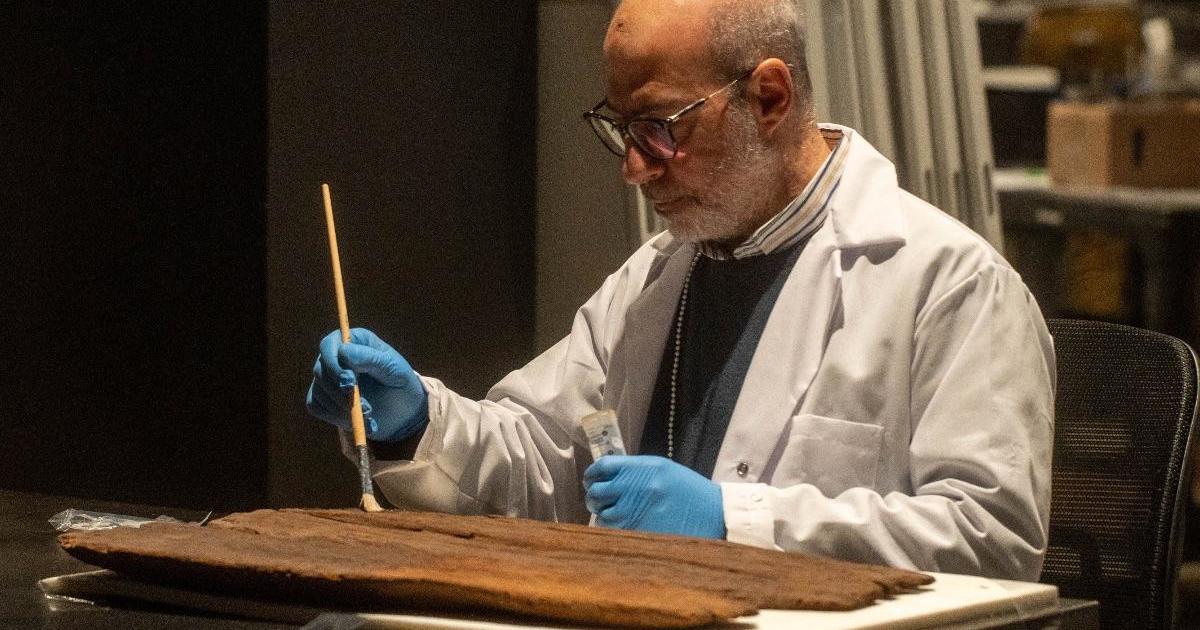Local Doctors See Neurological Complications For Coronavirus Patients Coming Off Ventilators
PITTSBURGH (KDKA) -- How coronavirus affects the brain is a mystery.
Adding to the puzzle -- after some people have been on a breathing machine a long time, they aren't waking up like they should.
"We've had a couple patients who have taken longer than usual to wake up," says Dr. Amit Kaura, AHN Pulmonary Critical Care and medical director of medical ICU West Penn Hospital, whose patients took three to four days.
What should take 6 to 24 hours is taking some people days to weeks. One factor could be how long they're on the ventilator. For typical ICU patients, it's 10 to 14 days.
"The COVID-19 patients are hitting three weeks plus," says Dr. Kaura.
When someone is taking longer than usual to regain neurological functioning, doctors check body chemistries, medications, brain waves, spinal fluid, and they'll look for other issues: "such as a stroke or a bleed, so we proceed with some sort of imaging."
The patients' MRI's do not show a stroke. But because tiny clots are a hallmark of COVID-19, are the patients having strokes too small to see? Autopsies offer some clues.
"These COVID-19 patients, they do have what we call microvascular thrombosis or clotting in the smallest vessels," Dr. Kaura says.
Other possibilities: Could it be related to inflammation? Or is the virus attacking the brain itself? No one knows yet.
"At this point it is purely speculative," says Dr. Kaura, "All theories need to be looked at and worked up."
A database of all of these patients would help doctors analyze and correlate things, such as medications, blood pressure, and other organ damage "to see if there are any other factors which may have contributed to their neurologic deterioration."
Once patients wake up, they have persistent problems. At the mild end, they can have confusion, fatigue, memory problems. At the severe end, they cannot care for themselves.
Even with extensive rehabilitation, it could take six months to a year to improve, and some people may not ever get back to normal.



